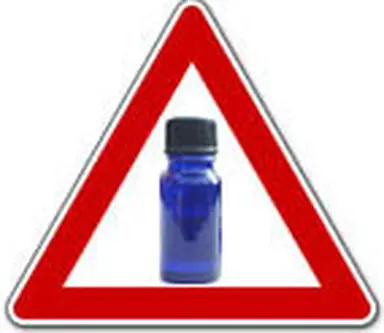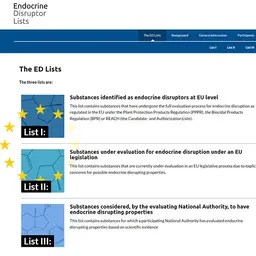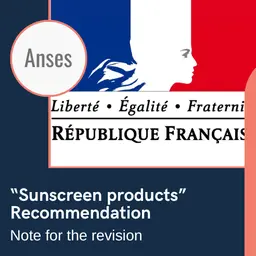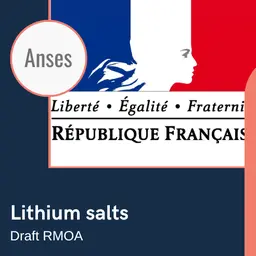
The French Commission of Consumers Safety (CSC, as per its French acronym), an independent administrative authority comprising magistrates, professionals, consumers and qualified individuals, has released an information, in its January-February 2012 and on its Internet website, SecuriteCons.org, about the incomplete labeling of essential oils. Underneath, you may find the whole text.
“Be they given orally, through massage or by diffusion, essential oils are claims to have many benefits for our bodies.
For instance, those extracted from tea-tree, eucalyptus, lavender or ylang-ylang are claimed to have a disinfectant effect.
The French Institut National de la Consommation (INC, its French acronym; National Consumer Institute) has checked whether the promise is correct. Thus, it has analysed the anti-bacterial potential of 17 pure essential oils taken out of these four families. The results of this analysis, released in the “60 Millions of Consumers” journal February 2012 issue, confirm they have a bactericidal and fungicidal action on our bodies.
Nevertheless, due to their properties, using them is not harmless. They even could have detrimental effects on health, if not used after their relevant “recommendations for use." Indeed, it is quite often difficult to classify these products in the cosmetic products' category, or as medicines or food supplements. Therefore, they do not have to comply with the regulatory requirements mandatory for these categories. The INC thinks it necessary that an authorization to place them on the market be applied to non-diluted essential oils.”
For further information
• Go to our
Essential Oils file
• Download
the January-February …












